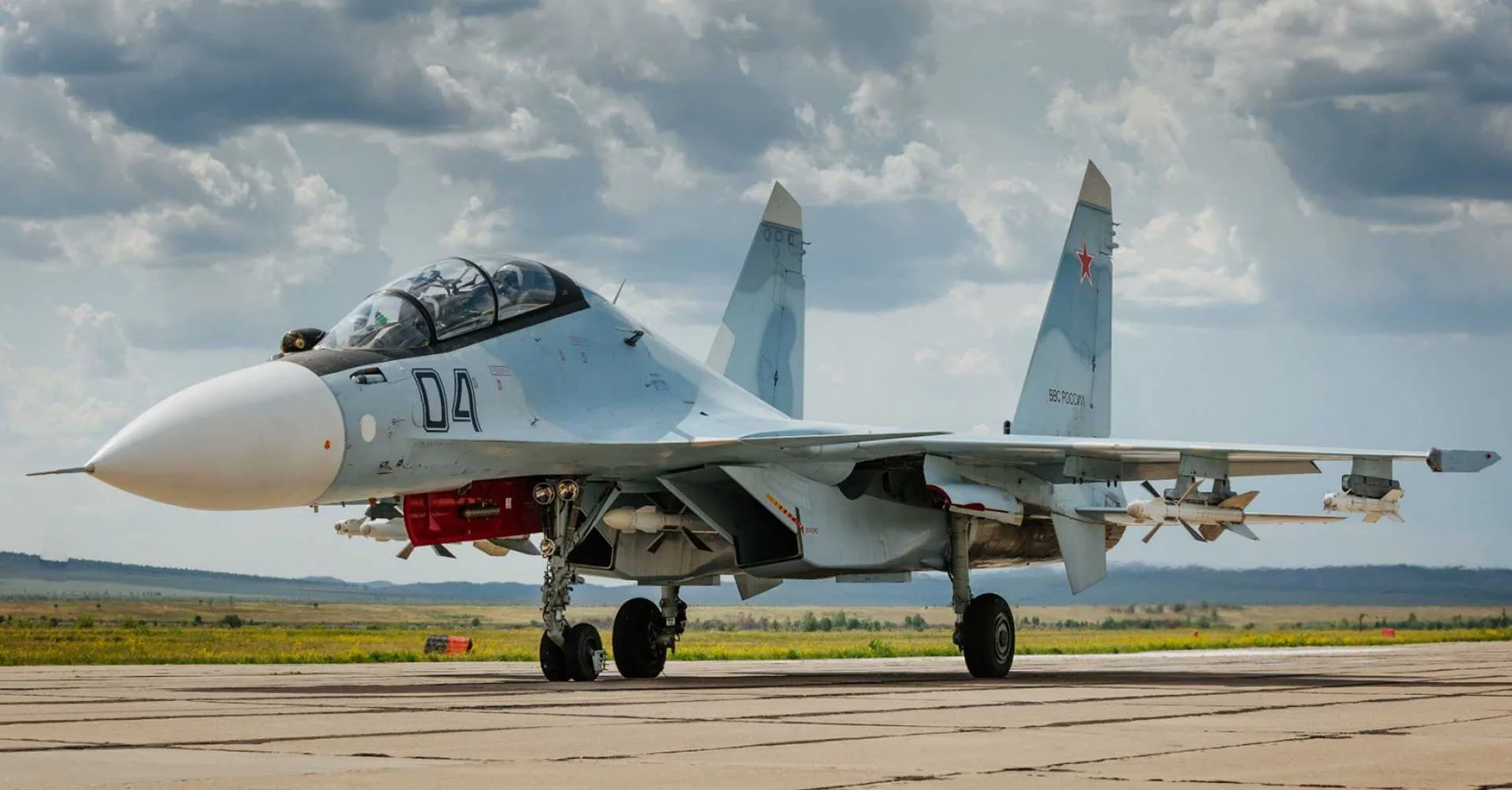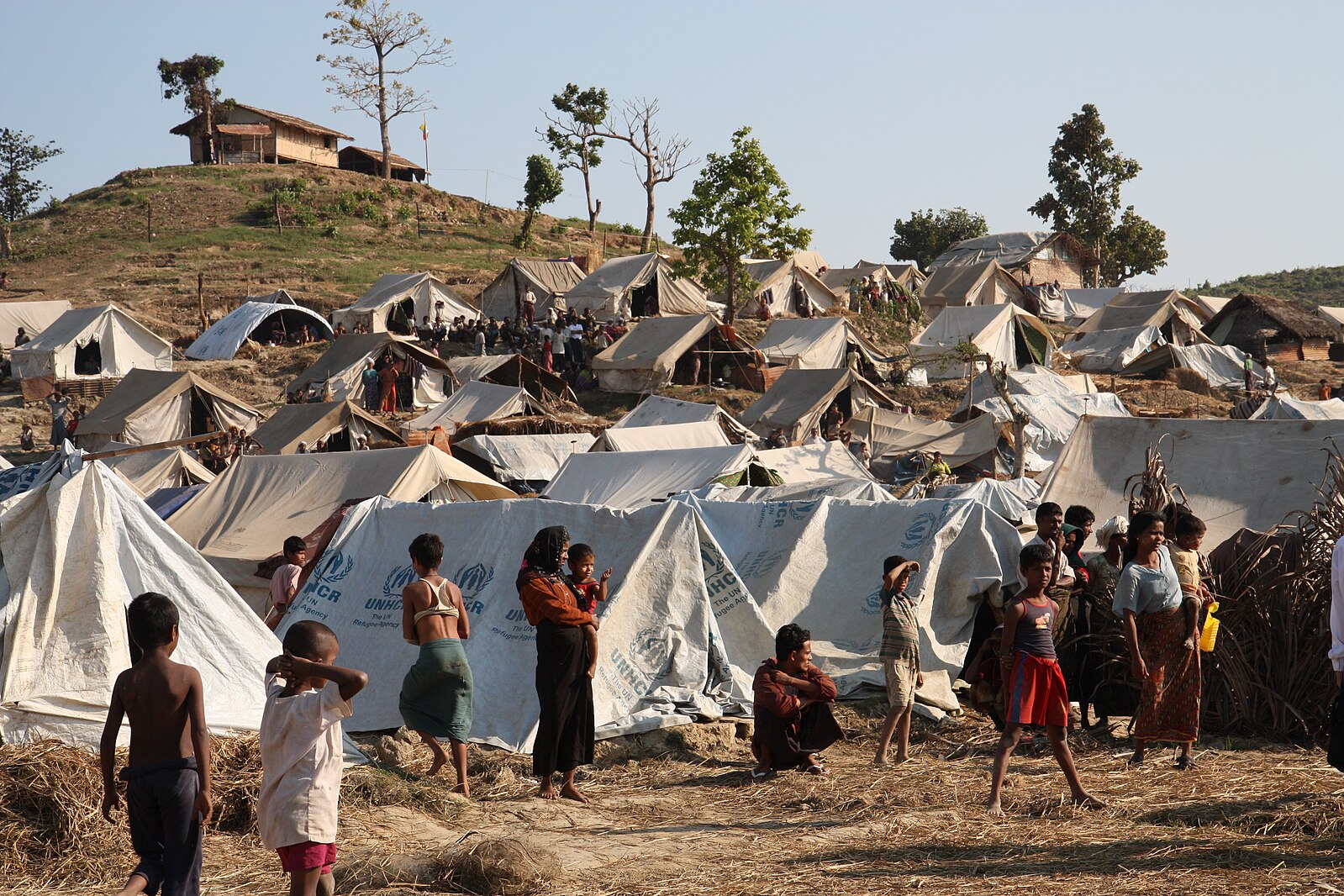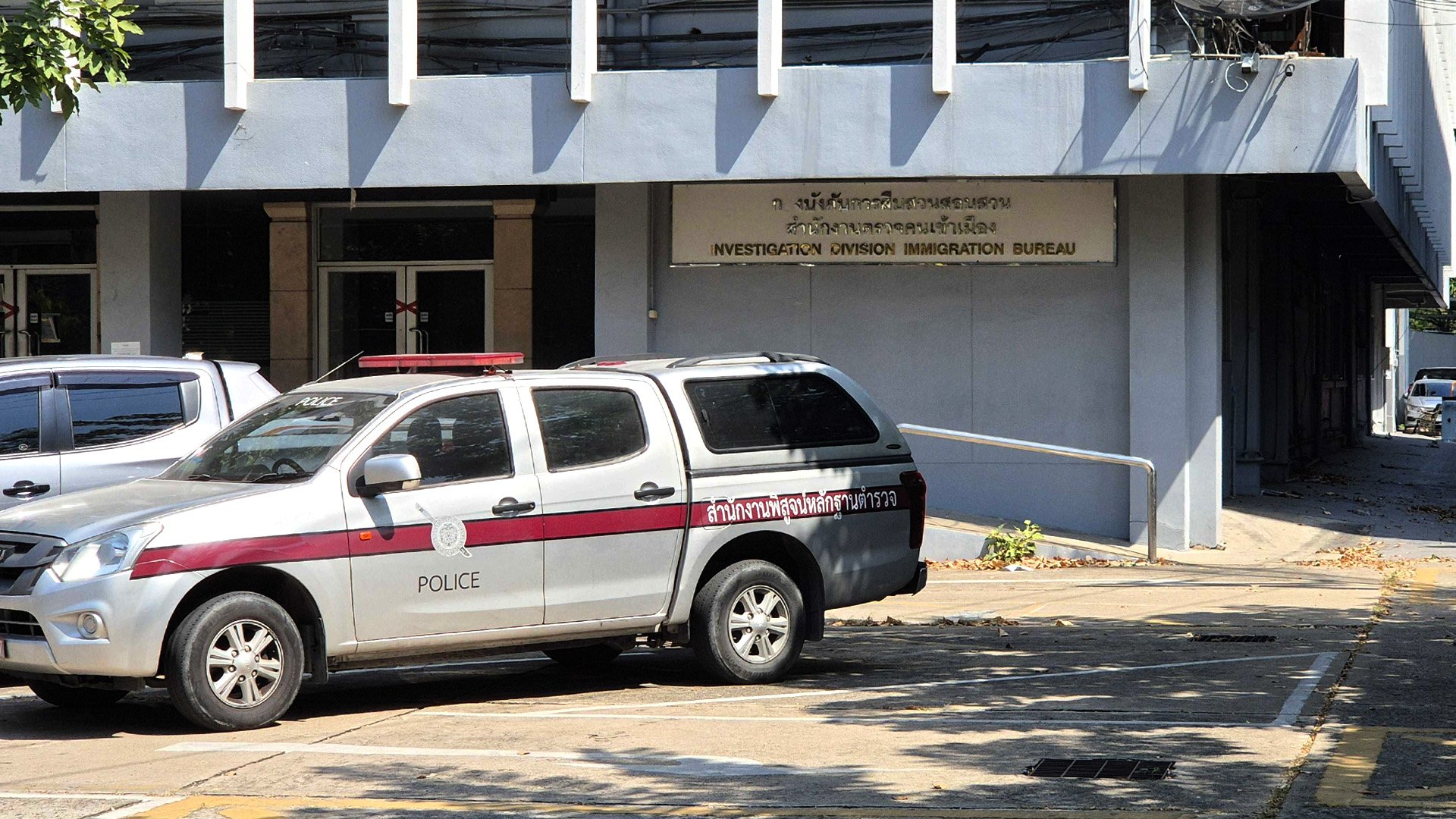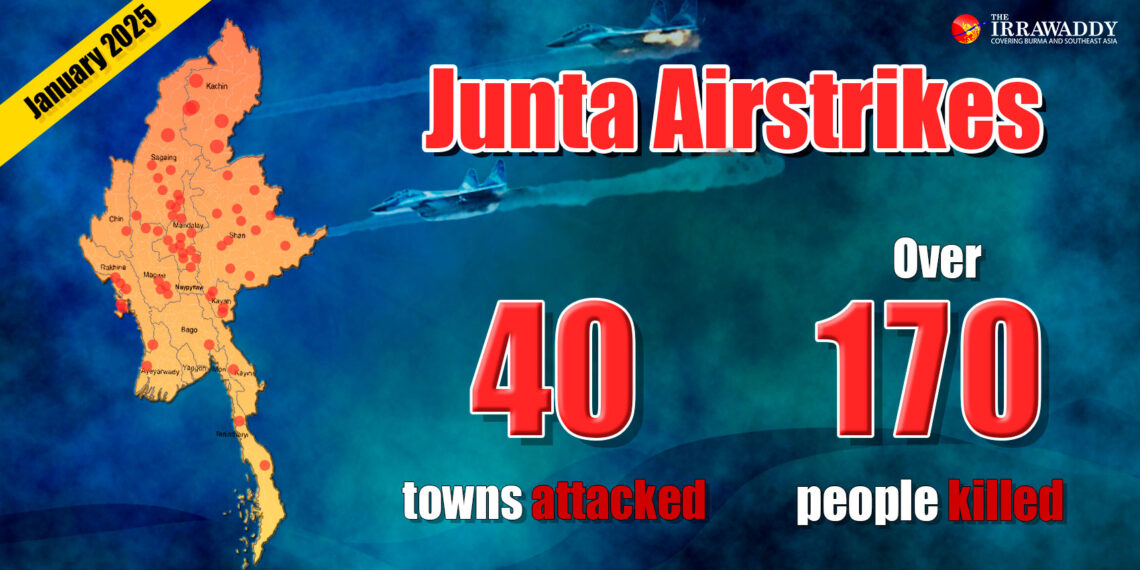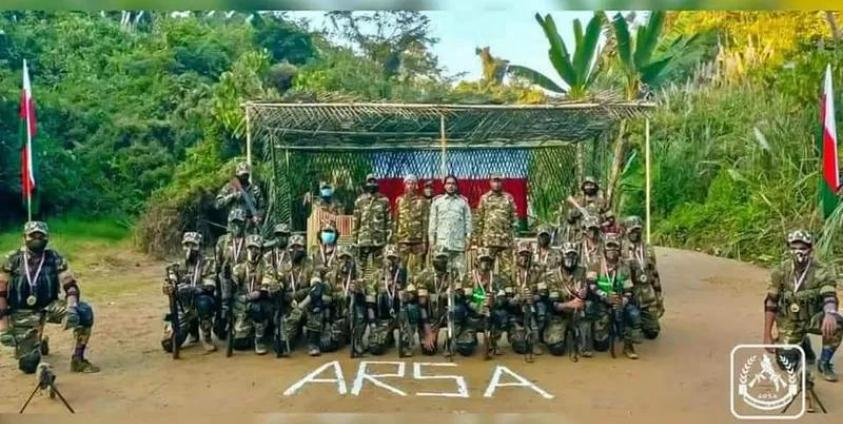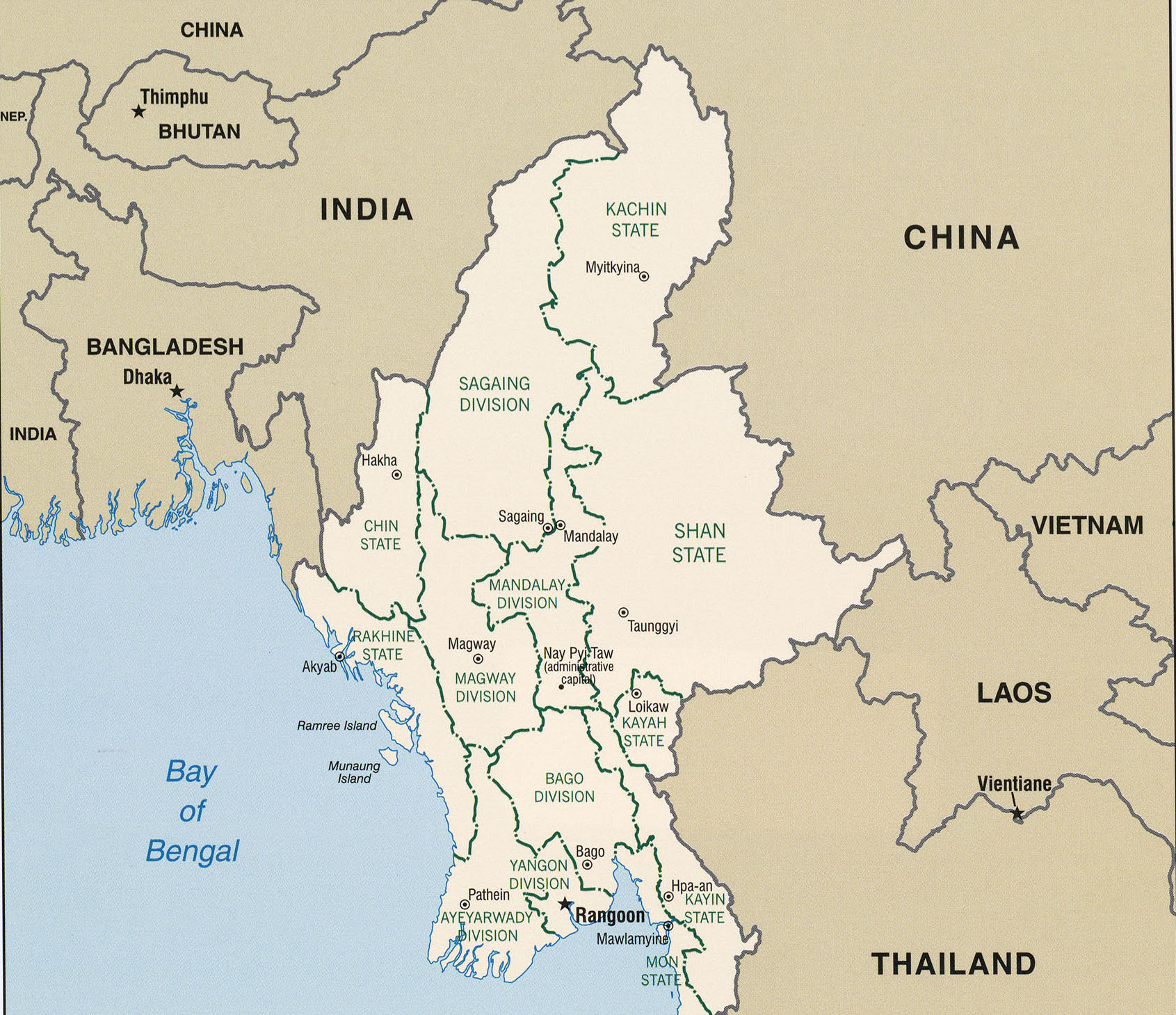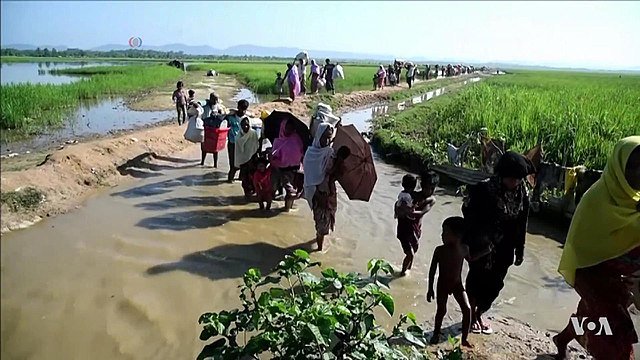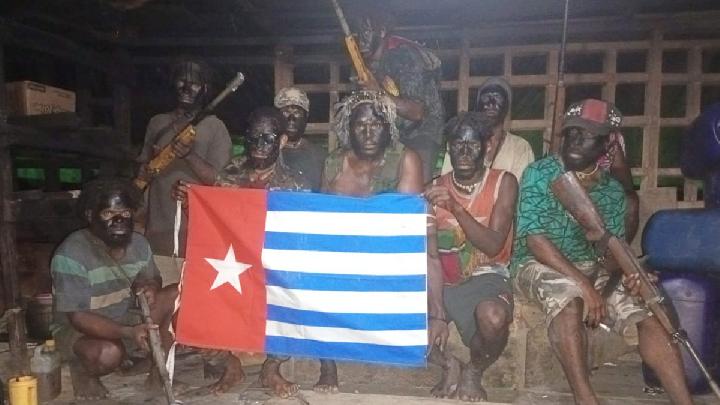
Fighting threatens indigenous civilians in West Papua
Escalating violence in Indonesia’s West Papua region is threatening the security of the largely indigenous population amid intensified clashes between Indonesian security forces and separatist rebels, Human Rights Watch warned. Military operations in the densely forested Central Highlands have resulted in the deaths and injuries of dozens of civilians due to drone strikes and the indiscriminate use of explosive munitions, forcing thousands of indigenous Papuans to flee their homes. (Photo: TPNPB-OPM via Tempo)



